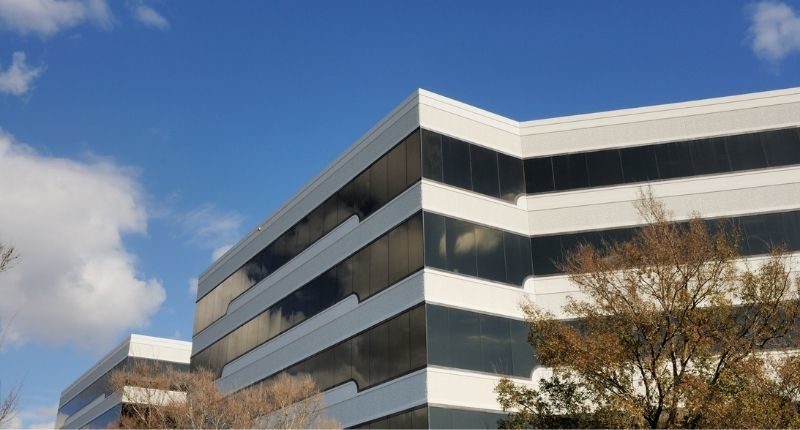- The Federal Budget was handed down two weeks ago
- While residential real estate was addressed, commercial real estate wasn't
- Joseph Rapanaro noted while Perth's industrial market is booming, retail and office market is still challenging
On Tuesday, 29 March, Federal Treasurer Josh Frydenberg delivered what will be the last budget before the election. But what does it mean for the commercial real estate sector?
The Property Tribune has shared the comments of many property players within the industry, including PIPA Chair and fellow contributor Nicola McDougall, Powerhousing Australia CEO Nicholas Proud, and Property Council of Australia Chief Executive Ken Morrison.
Affordability is an essential topic for the election campaigns as the Real Estate Institute of Australia President Hayden Groves explained in an interview last month.
Recap
Many industry experts throughout the country shared their views, thoughts, and opinions on the subject.
The owner of Loan Market Ellenbrook, Brett Richardson, wrote an article about the schemes for first home buyers.
“To help first home buyers enter into the market the budget allowed for an additional 50,000 places for first-time buyers and single parents. The scheme has been extended beyond its original June closure,” he said.

“The First Home Guarantee Scheme enables first-time buyers to avoid Lenders Mortgage Insurance (LMI), often compulsory for buyers with less than a 20% deposit,” Mr Richardson explained.
NAB published an article online that focused on what the budget meant for small and medium-sized businesses.
“For business, the 2022 Federal Budget was all about tax breaks and apprenticeships – plus a helping hand for a hard-hit tourism industry,” NAB states in the article.
The Federal budget defines in detail how it will help tourism, small to medium-sized businesses, residential real estate, and many other industries as it pushes for economic growth.
What does this budget mean for commercial real estate investors?
Managing Director of SVN Commercial Perth, Joseph Rapanaro, explained how the budget does not focus on commercial real estate.
“It is almost as if there was an expectation that commercial real estate would naturally follow as the government pushes on other sectors in the economy,” Mr Rapanaro said.
He explained that landowners are easy for the government to tax.
“When you invest in property, you could get charged land tax and stamp duty. These are taxes that investors in shares do not get charged for during their transactions,” he said.
However, landlords have had a hard time during the property downturn since 2014.
During the onset of Covid, they were forced by the government to forget about their lease agreements with their lessees and assist their tenants by giving rent relief to ensure we would all get to the other side.
These rent reliefs put a lot of pressure on landowners, yet Mr Rapanaro was not surprised that the budget did not cover allowances to help the landlords get back on track with their mortgage repayments.
“It had never happened before that the government forced businesses (real estate investors) to give money to the other party of a transaction, even though the agreement stated differently,” Mr Rapanaro said.
“There is still this mistaken idea out there that landlords are rich and do not need any assistance.”

Currently, industrial real estate has a low vacancy rate and is in quite a strong position but retail and office spaces are still challenging to lease.
Mr Rapanaro believes the economy needs to grow for these niches to strengthen.
To do that, we need to work on reducing our labour shortages and allow heavily affected industries like the tourism and recreation industries to get back on their feet.
Mr Rapanaro believes the strict border control that Western Australia had over the last two years has damaged our state’s reputation, and it might take three to five years to recover.
“West Australia was lucky that it has such a strong mining sector that it could afford to close its borders. However, we are at a stage where our economy cannot grow further unless we invite the backpackers, tourists, and skilled labour to come back and help push our economy forward.”
Joseph Rapanaro, SVN
“As we get migration to recommence, the migration will create other jobs, which will create productivity, followed by economic growth,” Mr Rapanaro explained.
“Eventually, the stock levels of office and retail spaces will reduce. Unfortunately, we still see many properties unoccupied throughout our state. Time will tell.”
~~
The author is an employee of SVN.








